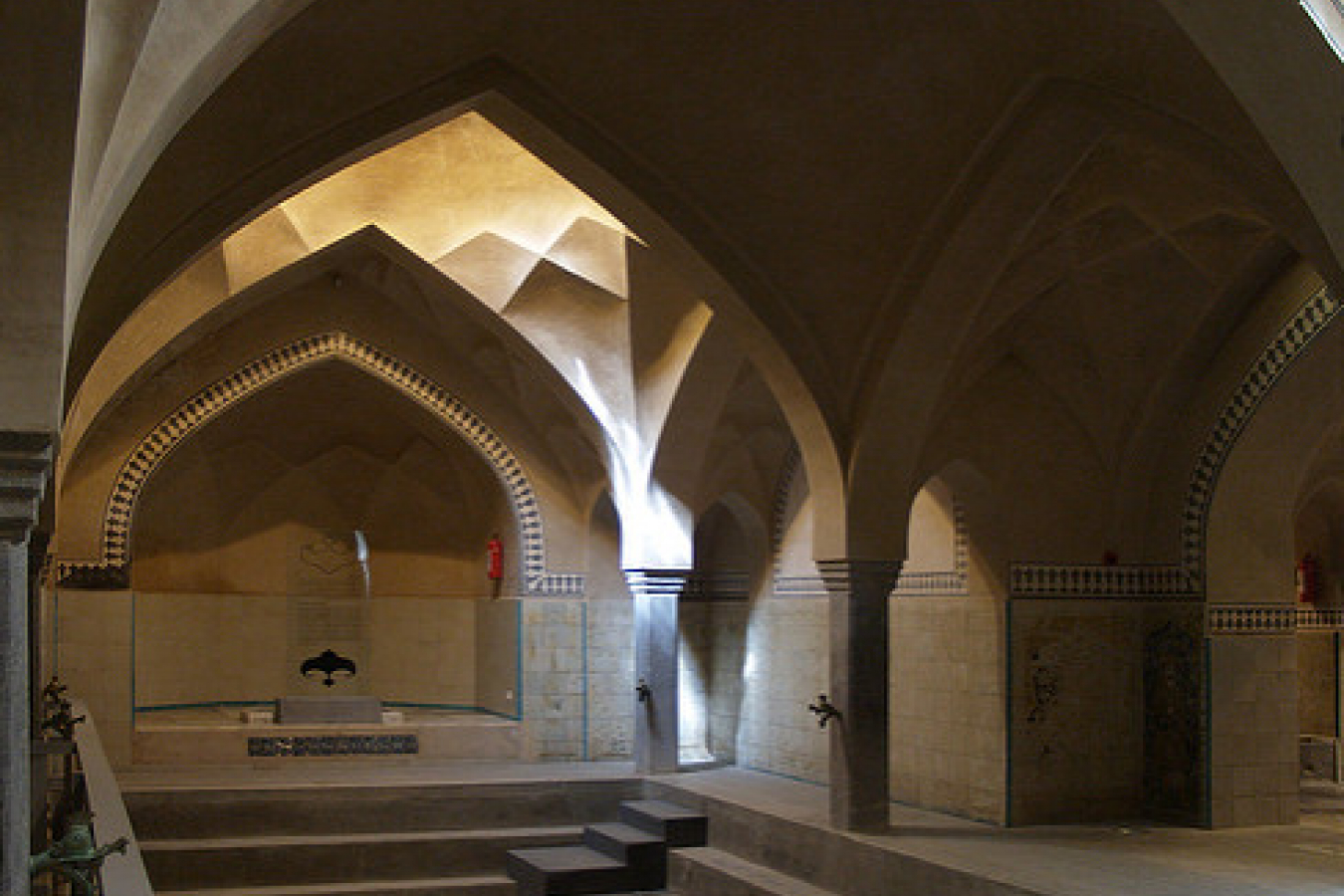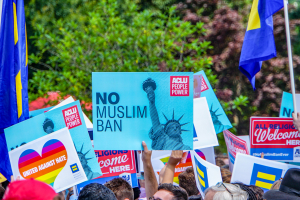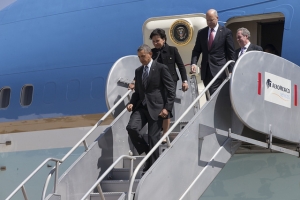Support migrant centric journalism today and donate

Around 150,000 frustrated Iranian graduates leave Iran each year, hoping to find better paying jobs in the West. Young, educated Iranians say it is too difficult to find a job in their home country.
"It doesn't really matter what your graduation grade is. It makes no difference what contacts you have. You just cannot find a decent job," complained Somayeh, a 25-year-old graduate of industrial design.
Officially, the unemployment rate among graduates stands at around 16 percent. Experts say the real figure is far higher, and caution further that the figures are also hiding an additional, far larger problem of underemployment.
The eight candidates bidding for Iran's presidency have all been talking about the unemployment issue, but the signs are that few young people have been convinced that change is on the horizon.
Turning around a stagnant economy that provides bland, jobs-for-life and low-paid administrative work will be a tough task. Most Iranians seem to agree.
The other attraction of heading abroad is greater individual freedoms -- and this is another factor that leaves young people uninspired by the forthcoming presidential elections.
The polls will mark the end of the mandate of incumbent President Mohammad Khatami, who managed to lure voters in 1997 and 2001 but failed to live up to his promise to shake-up the way the Islamic republic is run.
"I do not think there will be a large number of people, especially among the youth, who will be voting," said Somayeh. "For Khatami's first and second election, me and my family rushed out to vote. But he couldn't solve the problem of unemployment, so what can the next president do?"





















